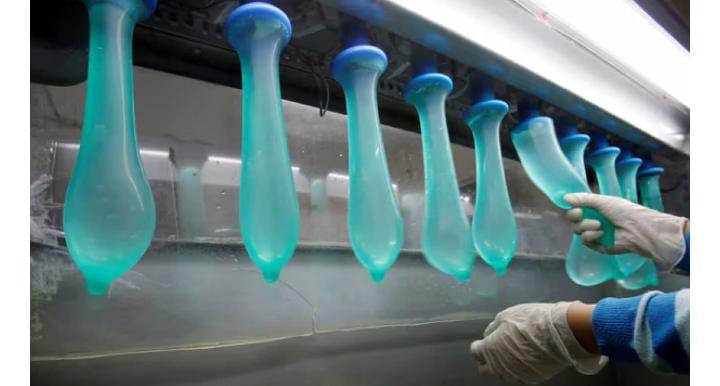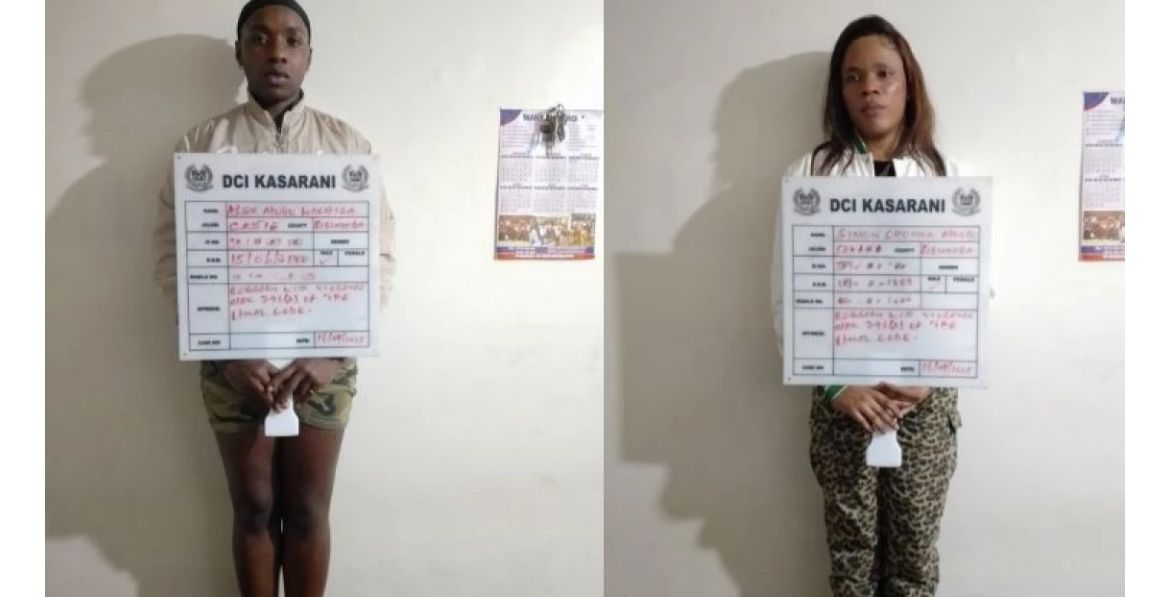Kenya Faces Potential Condom Shortage As United States Agency For International Development Freezes Funding

By Lisbeth Micheni,Kenya
Kenya is on the brink of a condom shortage following a decision by the United States Agency for International Development (USAID) to halt funding for related programs.
The country has long depended on USAID to supply free condoms, with counties experiencing high HIV infection rates now left with limited stock, expected to last only six months under strict management.
The impact of the funding freeze ordered by U.S. President Donald Trump three weeks ago is already evident. This year’s International Condom Day lacked its usual large-scale distribution of free condoms, marking a significant shift.
Health experts are now advocating for a total market approach, where middle- and high-income earners purchase condoms at reduced prices to lessen the burden on free distribution efforts.
“The challenge has worsened due to heavy government taxation on condoms. We appeal to our partners to assist in stabilizing supply,” said Migori County Health Executive Caleb Opondi.
The National Syndemic Disease Control Council (NSDCC) Director, Dr. Stephen Ndolo, emphasized the need for individuals to budget for condoms just like other essential personal items.
Kenya requires approximately 400 million condoms annually, yet the government currently distributes only about 200 million. The free condom distribution initiative, introduced in 2001 to combat rising HIV infections, is now under pressure due to reduced support.
Students and young people are calling for swift action to address the issue.
“The shortage affects our health and even our ability to focus on studies. If protection was readily available, we could concentrate better. We urge the government to step in,” said Mathew Kipkemboi, a student at Rongo University.
With funding for crucial healthcare commodities dwindling, stakeholders are urging the government to eliminate taxes on essential products and increase investment in preventive healthcare to safeguard the country’s health systems.
categories
recent posts


NIGERIA: I Wanted Fubara Removed, Not Emergency Rule – Wike Speaks Out

MALAWI: Two Confirmed Cases Of Mpox Reported In Lilongwe


